Postdoctoral Fellows
Aging and Health Research
Supported by the National Institute on Aging and NBER

Riley League is focusing on the role of administrative burdens in shaping the delivery, cost, and outcomes of health care in the United States.
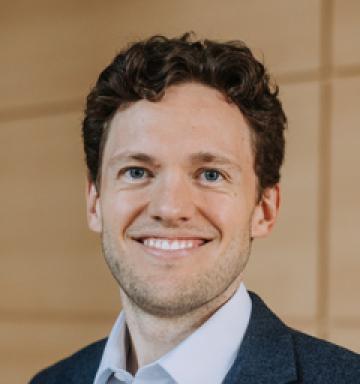
Parker Rogers is analyzing how government healthcare regulations affect innovation and the affordability and quality of healthcare products and services.
Diversity in Economics
Supported by NBER

Kadeem Noray is studying the extent to which educational institutions and tech firms overlook talented individuals from under-represented groups, and how selection processes can be improved.
Economics of an Aging Workforce
Supported by the Alfred P. Sloan Foundation

Allison Cole is studying how firms make decisions about the design of employer-sponsored retirement plans and how these plans affect the career decisions of workers.
Infrastructure Economics
Supported by the Alfred P. Sloan Foundation
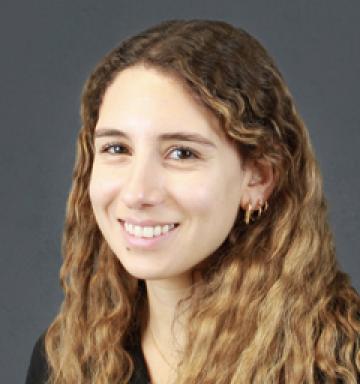
Léa Bou Sleiman is focusing on the welfare effects of transportation policies that promote efficient infrastructure utilization, such as congestion pricing in urban areas.
Long-Term Fiscal Policy
Supported by the Peter G. Peterson Foundation
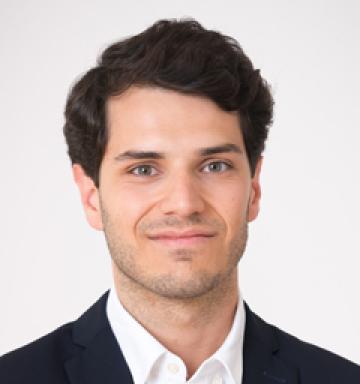
Ricardo Filipe Duque Gabriel is studying the political costs of tightening fiscal policy and pursuing austerity measures.
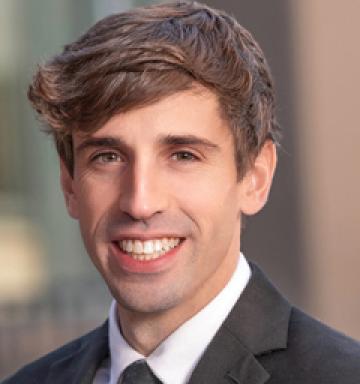
Patrick Kennedy is focusing on the efficiency and equity implications of major US tax policies.
Racial and Ethnic Disparities in Economic Outcomes
Supported by the Alfred P. Sloan Foundation
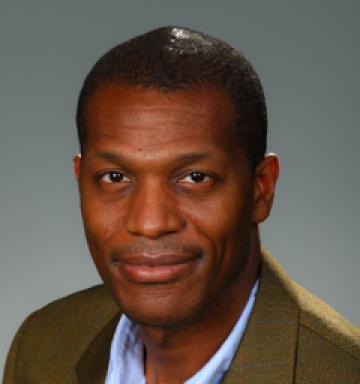
Jermaine Toney who received his PhD from the New School for Social Research and is an assistant professor (on leave for the fellowship year) at Rutgers University plans to analyze the impact of historic federal redlining and private racial restrictions in residential communities on the contemporary provision of mortgage credit.
Retirement and Disability Policy Research
Supported by the US Social Security Administration

Roger Prudon is examining the impact of inadequate provision of mental health treatment on later-life outcomes such as education, employment, and receipt of disability benefits.
Transportation in the 21st Century
Supported by the US Department of Transportation

Adam Steven Harris is studying transportation economics, including the role of long-term relationships between shippers and carriers in the US trucking industry.
Graduate Fellows
Aging and Health Research
Supported by the National Institute on Aging and NBER
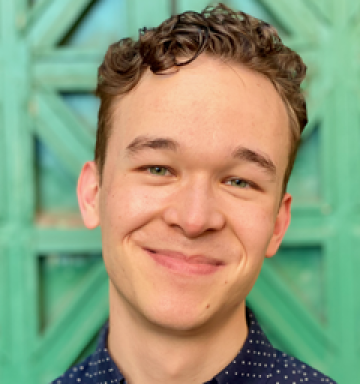
Anthony Bald is studying the health and welfare of school-aged children and the supply of healthcare workers in historical perspective.
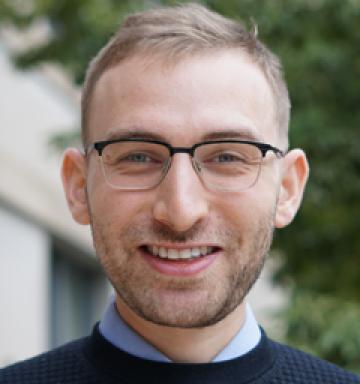
Theodore Caputi is studying behavioral aspects of public health, such as drug use, violence, and crime, and their effects on economic outcomes.
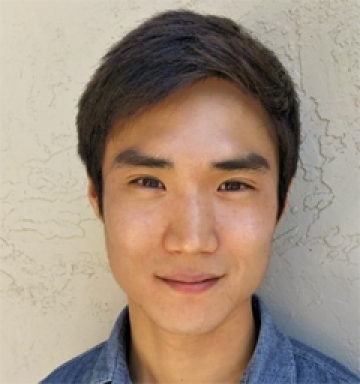
Woojin Kim is examining the extent of political differences in medical practice across the United States and the impact of the increasingly polarized political climate.

Steven Lee is studying behavioral factors that drive take-up of health care, including vaccines and alternative medicine.

Dean Li is studying the effects of outsourcing, technological change, and consolidation on healthcare labor markets and healthcare delivery.
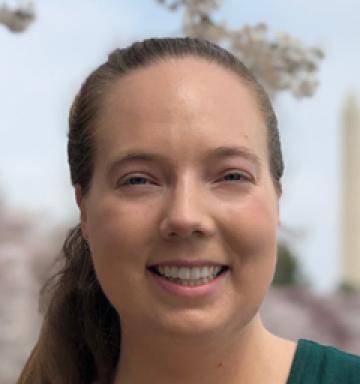
Kelsey Moran is studying the factors influencing hospital provision of charity care as well as the effects of health information exchange on patients and organizations.
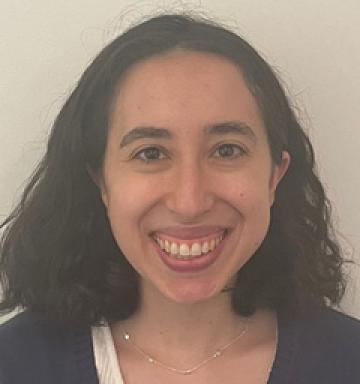
Ilana Salant is studying the economics of long-term and post-acute care, with a specific focus on home-based care.

Connie Xu is researching topics at the intersection of labor and health economics, with a focus on innovation, the healthcare and life sciences workforce, and the economics of science.
Behavioral Macroeconomics
Supported by the Alfred P. Sloan Foundation

Michael Cai is developing a semi-structural approach to estimating macroeconomic models, which accommodates wide classes of non-rational expectations.
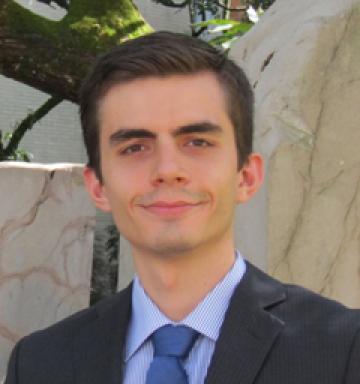
Mateo Velásquez-Giraldo is studying how survey measures of macroeconomic beliefs can help explain life-cycle consumption and portfolio decisions.

Matteo Saccarola is doing research on belief formation over inflation, exchange rates, and prices, using a combination of survey experiments and applied microeconomics.
Consumer Financial Management
Supported by the Institute of Consumer Money Management
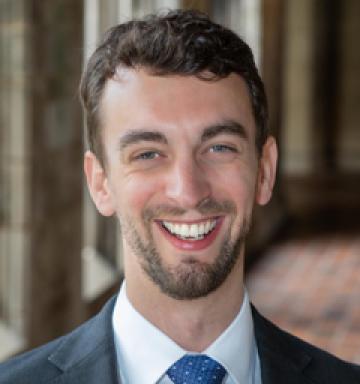
Benedict Guttman-Kenney is researching how technological innovation unraveled US credit card information sharing.

Jing Xian Ng is using lenders’ requirements that borrowers purchase private mortgage insurance to study the determinants of household consumption and saving behavior.

Charlie Rafkin is researching the effects and design of transfer programs for low-income households, with a particular focus on assistance for households facing eviction.
Gender in the Economy
Supported by the Bill and Melinda Gates Foundation
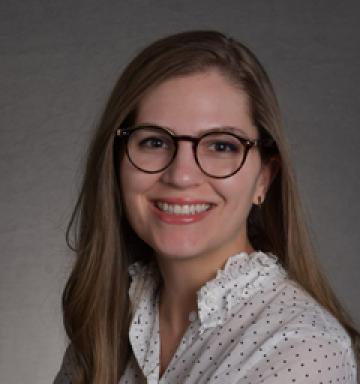
Savannah Noray is studying the determinants of female labor supply and women's occupation choices.
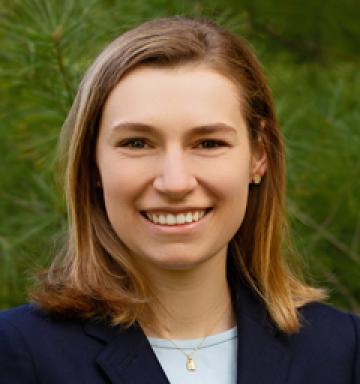
Lindsey Uniat is studying the macroeconomic implications of changes in female labor force participation in the United States during the latter half of the twentieth century, with an emphasis on technology adoption.

Akanksha Vardani is studying how providing home coownership to women in India impacts their empowerment.
Global Math Talent
Supported by The Agency Fund Donor Collaborative
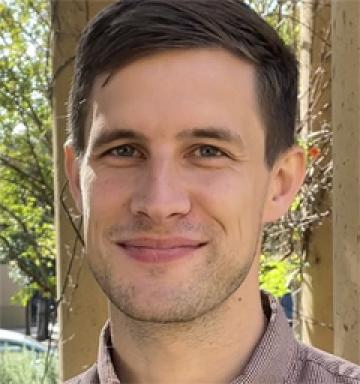
Calaway is investigating the allocation of high-achieving math students across different fields and occupations, as well as examining the impact of math competitions and teachers on the development of students' mathematical abilities.
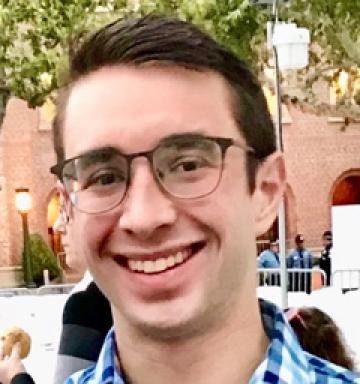
Kocks is studying the long-run consequences of educational programs, and the effectiveness of policies intended to reduce gaps in access to such programs.

Llanes' interests are in the fields of economics of education, labor economics and development economics. Her research centers on examining the effects of various interventions on classroom dynamics and mathematics learning in the context of Mexico.
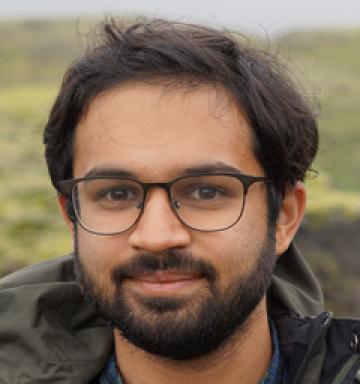
Vira is studying the behavioral determinants of student choices in secondary and tertiary education and their consequences for students' career outcomes, particularly in the UK.
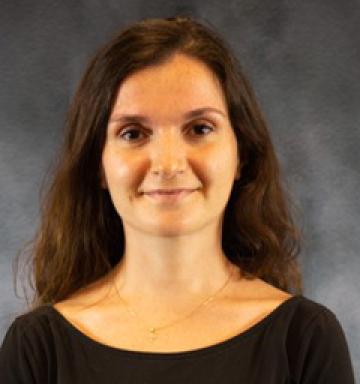
Vrioni is studying topics at the intersection of labor and industrial organization, with a focus on the economics of higher education and human capital development.
Retirement and Disability Policy Research
Supported by the US Social Security Administration
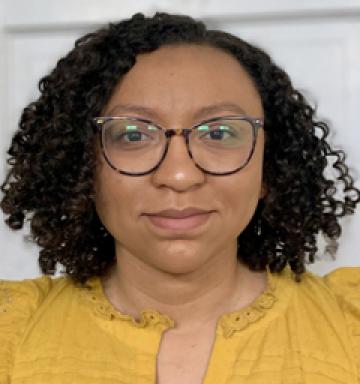
Marai Hayes is studying the effects of childhood health on later-life earnings and retirement wealth as well as the interaction between childhood health and racial disparities in wealth.

Johnny Huynh is studying the impact of disability compensation on military veterans’ well-being.
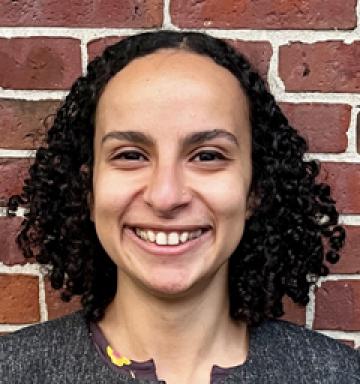
Sarah Kotb is studying the design of public health insurance programs and its effects on welfare and public spending.

Cesia Sanchez is investigating how economic shocks experienced by early-career workers affect the retirement decisions of their parents.